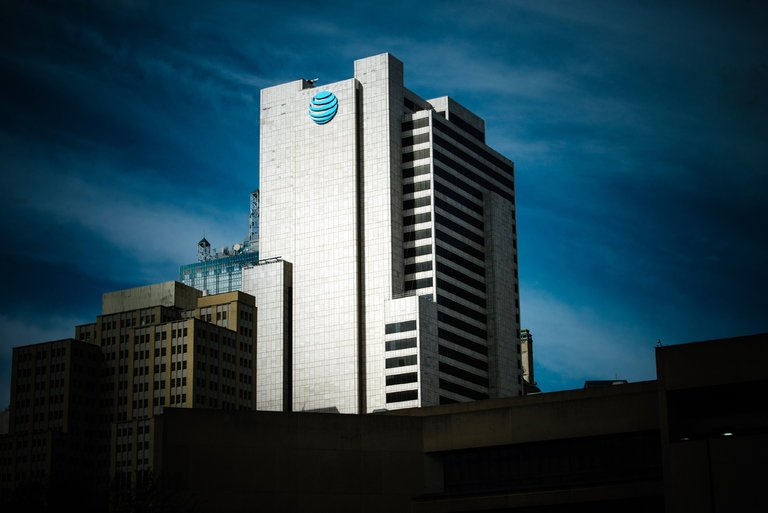
A federal judge blocked AT&T’s move to obtain communication logs between the Justice Department and the White House on Tuesday, hampering the phone giant’s argument that politics played a role in the government’s decision to halt a merger with Time Warner.
Judge Richard J. Leon of United States District Court in Washington, who is overseeing a trial over the deal, said AT&T did not sufficiently show in pretrial discussions that it was treated differently from other companies.
“Defendants have fallen far short of establishing that this enforcement action was selective,” Judge Leon said.
The decision puts a crimp in AT&T’s defense for its $85 billion proposed merger with Time Warner. And it is a big win for the Justice Department, which would like to avoid attention on the role of politics in its decision to stop the deal. The merger would transform the media landscape by combining a television and movie giant with one of the nation’s biggest media distributors.
“We respect the judge’s decision and look forward to the upcoming trial,” said Dan Petrocelli, lead trial lawyer for both Time Warner and AT&T.
In a statement, the Justice Department said, “We are pleased with and respect today’s decision, which will permit the parties and court to focus on the case at hand.”
AT&T has argued that the Justice Department has unfairly singled out its proposed merger with Time Warner partly to stay in favor with the White House. President Trump has been a vocal critic of Time Warner’s news network, CNN, and said before the election that the deal should be stopped.
AT&T’s lawyers have requested emails and phone and other communications logs between Justice Department officials and the White House, to see if the White House influenced the agency’s decision. The company also put Makan Delrahim, the head of antitrust for the Justice Department, on its witness list.
Last week, the Justice Department asked Judge Leon to block the company’s demands for communications with the White House, saying they were a “sideshow” to the antitrust concerns the government held about the merger. The Justice Department has argued that consumers would be harmed by the deal, saying it would stifle competition and lead to higher prices for consumers.
In a hearing on Friday, AT&T agreed to remove Mr. Delrahim from its witness list on the condition the company could call him to testify during the trial if evidence emerged to support its arguments of political interference.
The blockbuster trial will begin March 19. It is expected to help set the course for mergers and acquisitions in coming years.
The Justice Department’s suit to block AT&T’s merger with Time Warner was unexpected, because the government has a history of allowing mergers between companies that don’t directly compete. Those deals, including Comcast’s merger with NBCUniversal in 2011, contained several conditions to resolve competition concerns. Mr. Delrahim has argued that conditions that restrain a company’s business practices cannot effectively resolve antitrust issues.
In the opinion on Tuesday, Judge Leon said that AT&T was able to point only to the Justice Department’s approval of Comcast’s merger as proof of discrimination toward AT&T and Time Warner.
“The defendants have mustered only one specific transaction,” Judge Leon said.
The focus on political interference is highly unusual. AT&T told Judge Leon last week it was reluctant to raise the topic. The Justice Department countered that the company was trying to use the argument as a “get-out-of-jail card.”
“Everything about this case has been unusual from the beginning,” said Larry Downes, a project director at Georgetown University’s Center for Business and Public Policy.
The result of the trial could set the nation on a new, stricter direction on antitrust policy.
“There has not been this kind of a challenge to a vertical merger of companies that don’t compete in decades and this is hugely significant in that it suggests the Justice Department may be going in a radically new direction on antitrust,” Mr. Downes said.
AT&T could still focus on its argument of so-called selective enforcement that singles out its proposed merger with Time Warner. But the judge may not be swayed.
In his opinion, Judge Leon said the Justice Department’s lawyer explained at length that there was a history of the government’s blocking somewhat similar deals.
“So while it may, indeed, be a rare breed of horse, it is not exactly a unicorn,” Judge Leon said.

